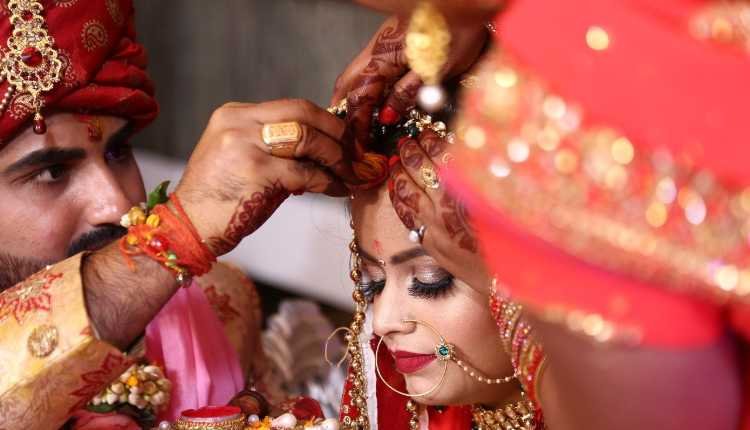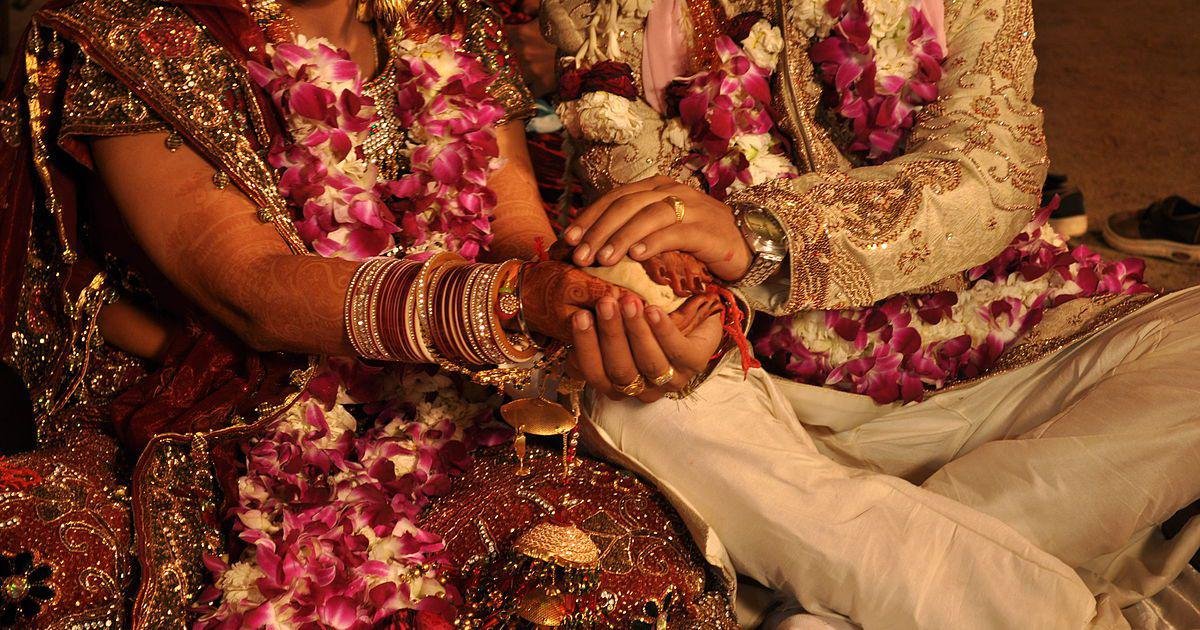Legal Age of Marriage in India is a deeply rooted social and cultural institution that holds great importance in every community. However, to protect individuals—especially minors—from early and forced marriages, the government of India has set specific legal age limits for marriage. Understanding these age laws is essential for ensuring that marriages are valid, lawful, and uphold the rights of both partners.
What Is the Legal Age of Marriage in India?
As per The Prohibition of Child Marriage Act, 2006, the legal age of marriage in India is:
- 21 years for males
- 18 years for females
Any marriage where either the boy is under 21 or the girl is under 18 is considered a child marriage, which is illegal and punishable by law.
The purpose of this law is to prevent child exploitation, early pregnancies, and the physical and mental harm that often results from child marriage.
Why Was the Legal Age Set Differently for Boys and Girls?
Historically, the age difference was set due to traditional social norms and the belief that women matured earlier than men. However, many legal and women’s rights groups have argued that this difference is discriminatory and outdated.
To address this, the Indian government has proposed raising the minimum marriage age for women from 18 to 21 years, bringing it equal to that of men. The bill, known as the Prohibition of Child Marriage (Amendment) Bill, 2021, is still under review, but its intention is to ensure gender equality and improve the health and education of young women.

The Law Against Child Marriage
The Prohibition of Child Marriage Act, 2006 replaced earlier child marriage laws and made the practice a punishable offense. Under this law:
- Any adult involved in arranging or conducting a child marriage can face imprisonment up to 2 years and a fine up to ₹1 lakh.
- A minor involved in a child marriage can seek to have the marriage declared void by a court.
- The law also provides for maintenance, residence, and custody for the female involved in such marriages.
Religious and Customary Laws
India is home to many religions, each with its own marriage customs and personal laws. However, the legal age of marriage applies uniformly across all religions—whether Hindu, Muslim, Christian, Sikh, or others—because it is a matter of public policy. No religious or traditional custom can override the minimum age requirement set by Indian law.
Importance of Legal Age in Modern India
Setting and enforcing the legal age of marriage helps in:
- Reducing child marriage and gender-based discrimination
- Promoting education for young girls
- Improving maternal and child health
- Empowering youth to make informed life decisions
Studies show that women who marry later tend to have better health, more education, and greater financial independence.
The legal age of marriage in India—21 years for men and 18 years for women—is not just a number. It represents the government’s commitment to protecting young people’s rights, ensuring equality, and building a healthier society. With the proposed law to raise the marriage age for women to 21, India is moving closer toward gender fairness and social progress.
Some Worst Cases Of Dowry In India
Protection of Children from Sexual Offences
![]()





